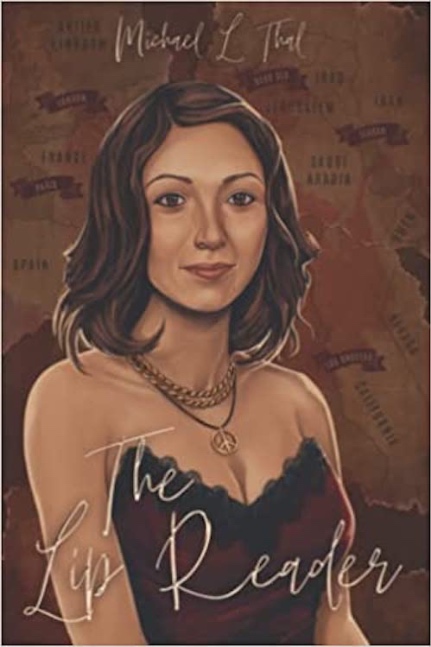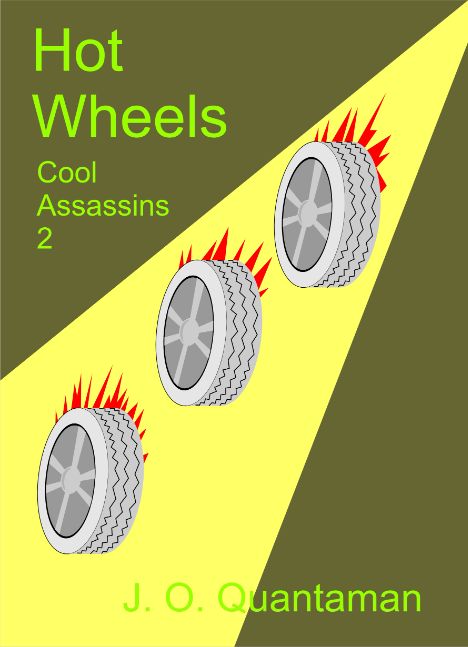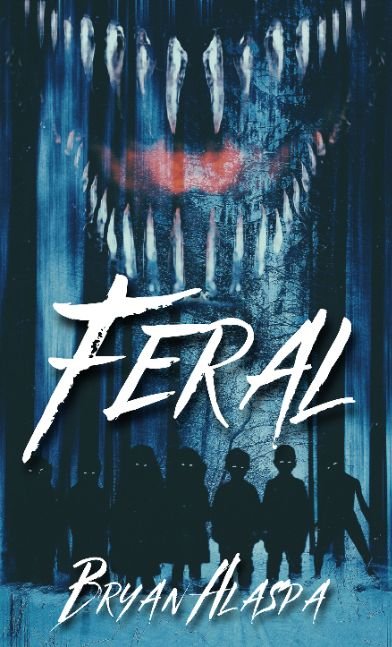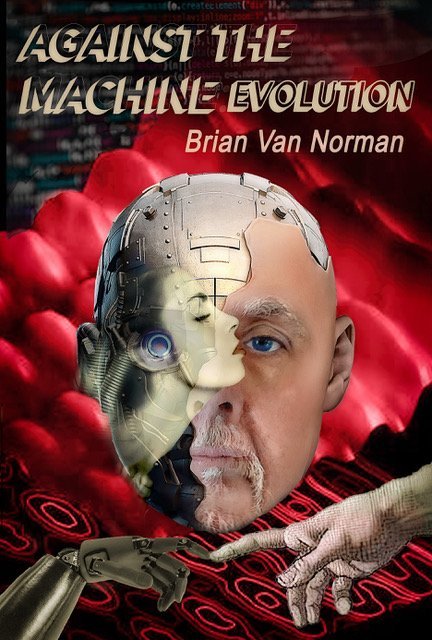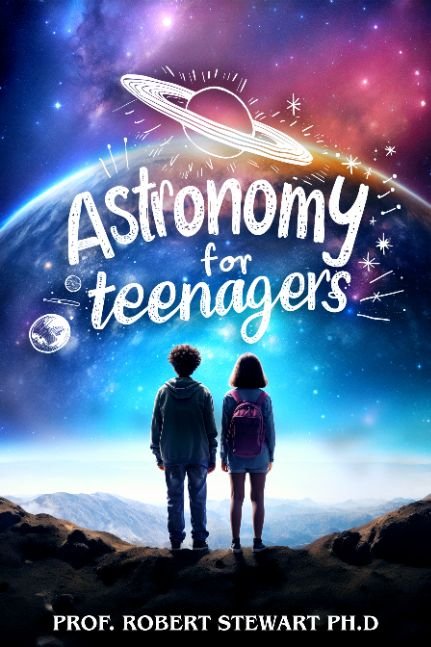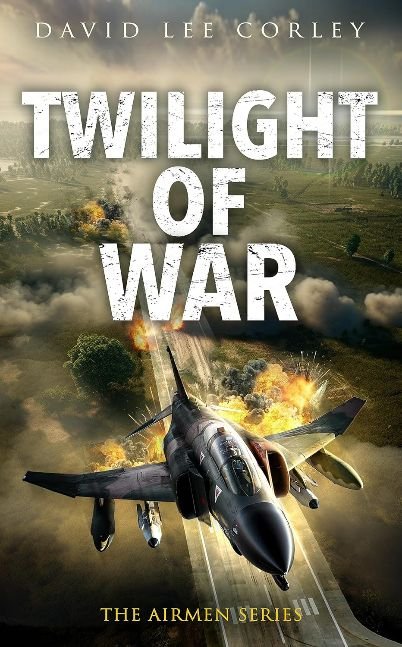- Home
- Articles
- TOMMY, CAN YA HEAR ME
TOMMY, CAN YA HEAR ME
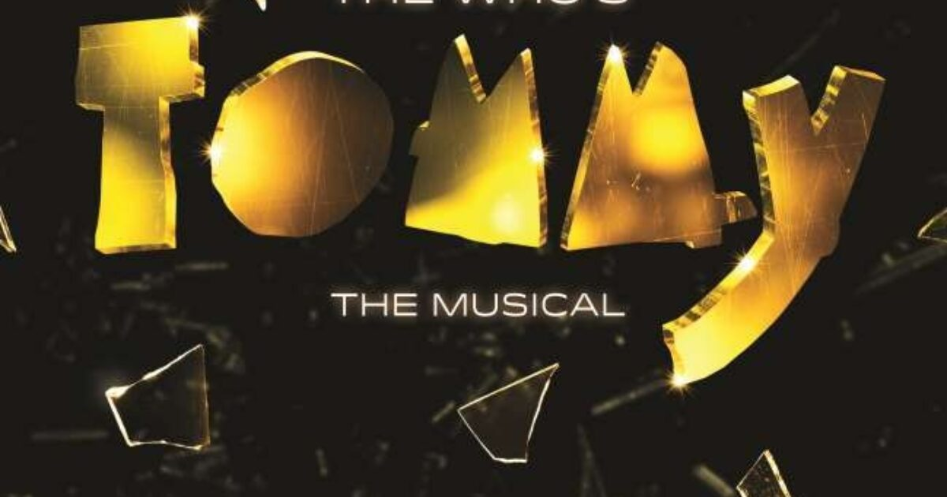
In November of 1973 three friends and I drove through a snowstorm to see the band, The Who perform the rock opera, Tommy. The event was being held at the International Amphitheater in Chicago, which has since been torn down.
Purloining it from my mom, I had the double album at the time, and it was among the favorites of this 15-year-old boy. It was also my first introduction to the French horn, of which I loved the sound as it is the first thing you hear at the beginning of the album.
The “Opera” was written about a small boy named Tommy Walker whose father is a POW in World War I. Surprisingly, returning home after being released, Tommy’s father finds his wife in the arms of a new lover. A fight ensues and he subsequently shoots the paramour dead. Four-year-old Tommy is a witness to the killing sending him catatonic, leading his to become deaf, dumb, and blind. Years later, Tommy would eventually become a pinball master, launching him into the national spotlight. In my mind though, the story was simply a back story to some great tunage.
Snow packed, but no worse for wear, we finally arrived at the old amphitheater, where we were promptly informed the show had been cancelled due to one of the band members being ill. This was long before the time of cell phones and texts, so we basically made a wasted trip in a snowstorm. I was crest-fallen, and still ama little all these years later having never seen the original Who band live. After that, Who music just wasn’t as interesting to me for some reason.
Fifty-one-years later, I was recently sitting in a New York city hotel room on business with some free time for the evening. I looked online and there it was, only about five blocks from where I sat, a Broadway show of Tommy. I booked the show for that very night at the Nederlander Theatre.
The theater itself was somewhat like most theaters one visits. It was aged and didn’t accommodate my overly large frame comfortably in the Mezzanine section. Everybody’s legs were pinned due to a lack of room between the seats, probably built when people were smaller.
While none of the members of the original band were in attendance, the music was that of the band, predominately written by Pete Townshend and Roger Daltry. The orchestra performing the music did very well the entire night, although a little more guitar might have been recommended had they asked me.
There were three different Tommy characters at various stages of life, 4, 10, and adult. The two younger rascals had very little to do except look totally stiff and catatonic, a job they did very well. The lead, Tommy as an adult was played by Ali Louis Bourzgui, who performed and sang about as well as anyone could in that roll. The two boys looked remarkably just like min versions of him. Alison Luff played Tommy’s mother, Mrs. Walker, almost reminding me of Ralph Gleason’s wife, Alice. I could tell you the names of the rest of the actors,, but I’m betting you wouldn’t know them any better than the two I mentioned.
Everyone seemed to have enjoyed the first act, including the few young people in attendance whom I’m thinking could not have possibly known anything about a 55-year-old rock opera. The first act was everything we could have expected as the cast made their way through the story. Intermission couldn’t have come soon enough though for a chance to stretch legs that had been closely pinned in.
I had been sitting in the front row for the performance and had not had a chance to people-watch. My perch afforded me a better opportunity to do so. Come on, we all do it!
Not judging here, but it’s not often you see a big beefy man with heavily muscled and tattooed arms, displayed through his white Levi jacket with the arms cut out. Oh, and he wore a floor length green silkish skirt too.
The second act got underway, and I settled in for another hour of the performance, although I have to admit I was more tuned into the music than the acting. As previously mentioned, Tommy will ultimately become famous for his pinball prowess, and you could start to feel the music crescendo with the dancing and acting also picking up by the performers.
The entire cast really kicked into another gear for the final songs, “We’re Not Gonna Take It”, “See Me Feel Me,” and “Listening to You.” If you haven’t heard these songs, they are well worth a listen. When performed properly, like they were this night, they are enough to get an entire set of gray-haired and balding geriatrics, including myself, on our feet cheering, clapping, and singing along while the younger people just looked on, probably wondering what was wrong with us.
Standing there clapping, something I have rarely done over decades of concert and theater concerts, I gazed around the theater; a tear came to my eye. Throughout the theater there were all those people my age standing, some even dancing, loving every minute of the music being performed, particularly the chorus, which the band and actors were pounding out for us.
Listening to you I get the music
Gazing at you I get the heat
Following you I climb the mountain
I get excitement at your feet
Right behind you I see the millions
On you I see the glory
From you I get opinions
From you I get the story
Listening to you.
Something seemed to electrify us old geezers in the crowd. For those 5-6 minutes, we had all traveled back to the 70’s again, long before any of the actors and actresses were even born, belting out our music, to hear again when rock and roll was at its best. Maybe we all even felt young again.
I didn’t get to see the original concert, and never will, as two of the members of the original band, Keith Moon, and John Entwistle, have long passed away. But on this night, the performance was an apt replacement. Thanks to the director, James Nederlander. It was definitely the highlight of my trip to New York.


